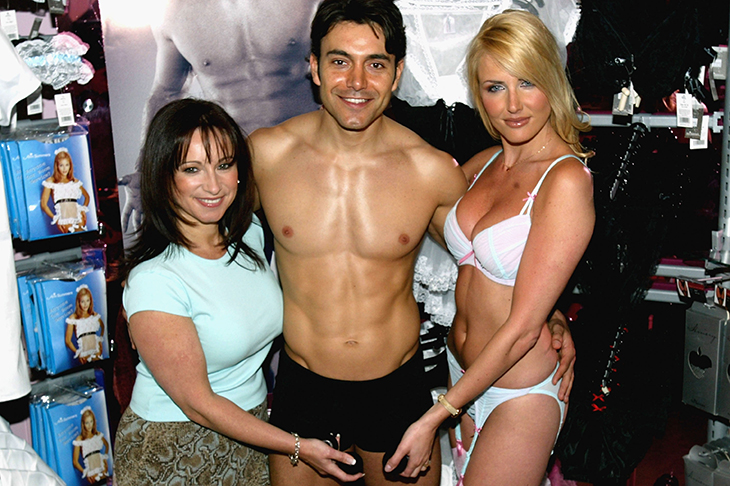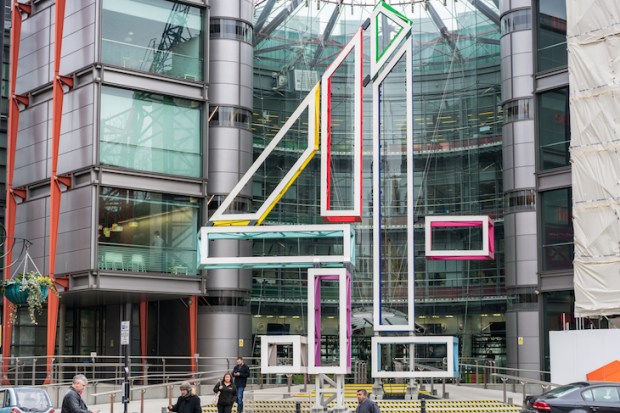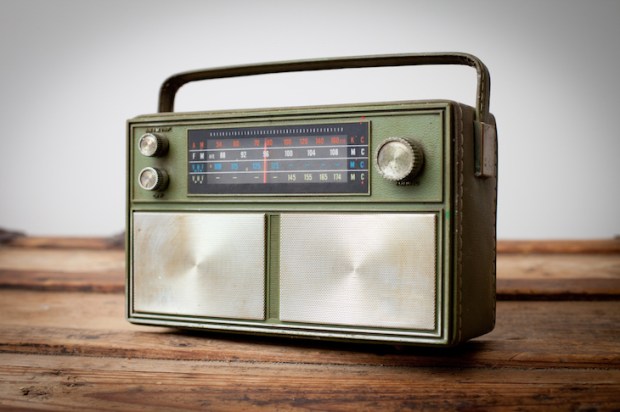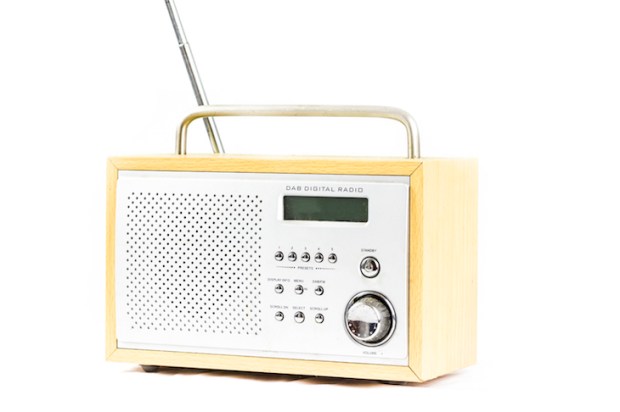You may have noticed that BBC iPlayer (for radio programmes) has been replaced this week with the new BBC Sounds platform. Instead of simply finding your favourite programmes on playback, BBC Sounds will offer you the chance to personalise your listening, discover programmes recommended ‘just for you’, catch up with the latest podcasts. On Monday, James Purnell, director of radio and education at the BBC, talked up the new venture with Martha Kearney on the Today programme. ‘All of BBC audio will be at your fingertips,’ he promised. ‘We will do the hard work of getting the right programmes to you at the right time.’
‘Won’t this involve taking money away from existing budgets?’ asked Kearney, concerned that ‘live’ radio will miss out in this drive to create more online-only content. The director assured her that BBC Sounds ‘will be something that benefits everyone’, with its podcasts and music mixes, personalised content and easy accessibility. But he then insisted: ‘We can’t preserve BBC radio in aspic.’ If we do that, Purnell believes, then in ten to 20 years’ time there will be no radio because of the stiff competition that now exists out there in podcast land. ‘This is about changing to deliver our mission,’ said Purnell. Even such a flagship Radio 4 programme as Today now has to have its own online-only podcast called Beyond Today. ‘I won’t be making any comments about blowing smoke,’ said Kearney.
Meanwhile Desert Island Discs consistently remains in the top ten UK podcasts in spite of, or perhaps because of, being essentially a broadcast. Now with Lauren Laverne temporarily at the helm (while Kirsty Young recuperates from illness) the range of guests appears even more astonishingly varied. Last week she talked to Venki Ramakrishnan, Nobel Prize-winning biologist and president of the Royal Society; on Sunday her guest was Jacqueline Gold, CEO of the lingerie and sex-toys chain Ann Summers. Laverne carried off both sessions with equal aplomb, carefully refraining from salacious giggles as she delved into black lace and vibrators with Gold while chatting to her just as if she were also an esteemed scientist, a trick not easy to pull off. By the end of each programme it was notable how little Laverne had said herself as she slid into the background, gently pushing the conversation along but never dominating or intruding, allowing the personality of her guests to shine through.
What kind of student were you? she asked Ramakrishnan. He admitted he was not a model student and that everyone ‘gave up’ on him as he slipped from top of the class to trailing at the bottom. Even at university he used to sit by the window so that if the class was boring he could wait until the attendance check was made and then jump out and run off. Aged 19 he left India to study for a PhD in physics in the USA. ‘How did you fit into that?’ asked Laverne. ‘I’m trying to imagine you.’ Just the right way to provoke an explicit response from Ramakrishnan. Only after achieving his PhD did he decide he wanted to be a biologist, going back as an undergraduate to study the basics.
His first choice of music was Johnny Cash. ‘One of the most important things human beings do is fall in love,’ he said as Laverne spun ‘Ring Of Fire’ on the turntable. Gold, who transformed her father’s company from a male bastion of adult-only content, told Laverne that she was just 19 when she began working at Ann Summers. She was told then that women were not interested in sex; a challenge which she sought to disprove. That was back in 1981, when she had to talk about selling the new products at ‘exotic’, rather than ‘erotic’, parties.
The Essay on Radio 3 this week (produced by Kate Bland) has been looking at organs of the body. The poet Imtiaz Dharker was tasked with finding good things to say about the liver. She grew up in Glasgow, the daughter of parents from Pakistan. Her mother, she recalled, used to think of her as ‘a piece of her liver’. Dharker knew exactly what she meant because in Urdu the liver (and not the heart) is the location of the deepest feelings. Physicians understand this because they know the liver does not just pump blood around the body, it cleans and purifies it, throwing bile and poisons out of the system. It’s the only vital organ that has the power to regenerate itself, growing back in weeks if properly treated. ‘This frantic heart has etched your name on my liver,’ she quoted from Rumi.
Patrick McGuinness gave us the ear, powerfully connecting our inner and outer worlds, not just biologically but also cognitively and spiritually. It’s ‘the portal into our brains’. Ears are formed in the foetus by 20 weeks, so we’ve heard a lot by the time we enter the world. Visiting the house where Beethoven lived, McGuinness was struck by the number of ear trumpets, huge things, shaped like ladles, which could be attached to his head leaving his hands free to compose, reminding us that Beethoven never heard his own late quartets.
Got something to add? Join the discussion and comment below.
Get 10 issues for just $10
Subscribe to The Spectator Australia today for the next 10 magazine issues, plus full online access, for just $10.
You might disagree with half of it, but you’ll enjoy reading all of it. Try your first month for free, then just $2 a week for the remainder of your first year.














Comments
Don't miss out
Join the conversation with other Spectator Australia readers. Subscribe to leave a comment.
SUBSCRIBEAlready a subscriber? Log in